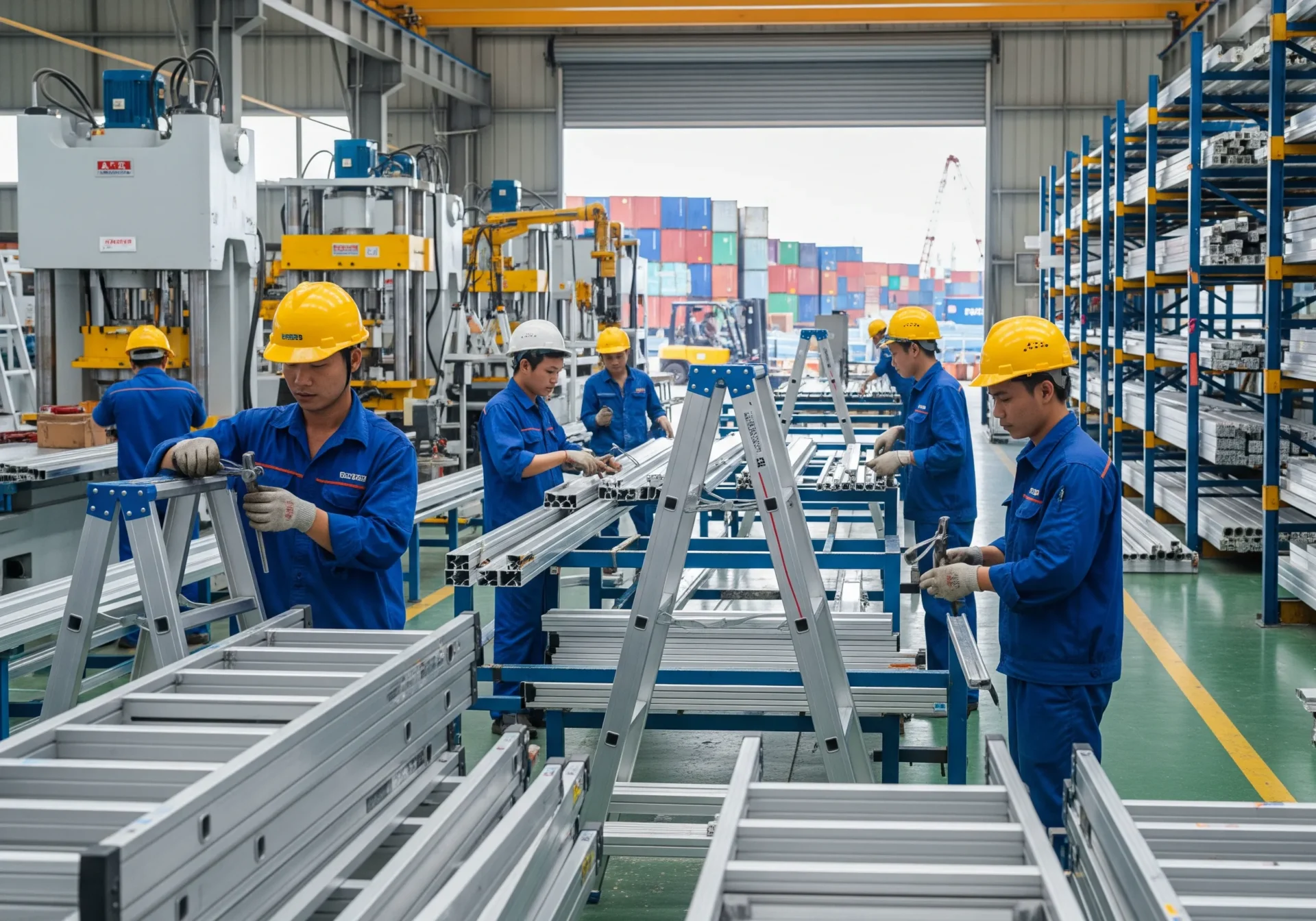Introduction | A Practical Story of a Company that Expanded Overseas Sales Channels through Collaboration in Vietnam
With its competitive manufacturing costs and excellent access to the Southeast Asian market, Vietnam has seen an acceleration in the number of foreign companies expanding into the country in recent years. Amidst this trend, Hasegawa Vietnam has combined Japanese quality standards with local production capabilities, achieving success alongside companies tackling the expansion of their overseas sales channels. This article will clarify the background and significance of such collaborations and present a complete picture.
The target audience includes personnel in charge of local manufacturing and sales channel expansion at Japanese-affiliated companies, as well as executives aiming for global development. We will introduce specific case studies of success in sales channels, production, and overseas expansion through collaboration with Hasegawa Vietnam, and provide a detailed explanation covering the company’s establishment background, use of trade shows, local human resource strategies, production systems, and future outlook.
Challenges and Background | The Potential of Expanding into Vietnam and the Hurdles to Overcome
Market Data | The Reality of Manufacturing Growth and Land Cost Advantages
In recent years, Vietnam’s manufacturing industry has recorded an average annual growth rate of 6-7%, and in 2024, the manufacturing GDP increased by 6.8% compared to the previous year. Additionally, land lease costs in major industrial parks are about 30-40% lower than in coastal areas of China, making them competitive within the Southeast Asian region. Furthermore, the signing of Free Trade Agreements (FTAs) provides tariff benefits, creating a favorable environment for companies with export-oriented business models.
Identifying Risks | Challenges in Local Procurement, Human Resource Development, and Sales Channel Construction
On the other hand, companies entering the market face challenges such as an immature local procurement network and a shortage of highly skilled human resources. Particularly in fields like metal processing and special materials, there is a high dependency on imports, leading to increased procurement costs and longer lead times. In building sales channels, it is necessary to establish trust with local companies and adapt to cultural and business practice differences, making initial marketing investments and network formation critical to success.
Product & Service Introduction | Paving the Way in Overseas Markets with “Lucano”
Features | A High-End Stepladder Combining Design and Safety
“Lucano” is a high-end stepladder that merges Hasegawa’s cultivated know-how in safety design with a sophisticated design that harmonizes with interiors. It combines the lightness and durability of aluminum, with meticulous attention to details like the width of the steps and stability. It has been highly acclaimed, especially in the Japanese and U.S. markets, by users who value design while meeting safety standards. By producing at a local factory, the company ensures a stable supply and cost competitiveness, achieving differentiation from other companies’ products in its overseas expansion.
Case Study (Before → Action → After) | Accelerating Sales Channel Development Through Exhibitions
Previously, the supply and sales channels for Hasegawa products were heavily dependent on Chinese production and the Japanese market, limiting the scope of overseas expansion (Before). To overcome this, a new factory was established in Vietnam, and a multi-skilled worker training system was introduced to achieve both production flexibility and quality. In collaboration with a local partner, the company exhibited for the first time at the “Cleanfact & RHVAC” trade show, directly promoting its products to the target market (Action). As a result, they collected over 200 business cards and surveys, creating numerous business negotiation opportunities. Following this success, they quickly decided to exhibit at the following year’s “VIMF 2025,” leading to an acceleration in sales channel expansion (After).
Hasegawa’s Reliability | Balancing High Quality with Localized Support
Quality Control & Certification | A Manufacturing System with Multi-Skilled Worker Training and International Standards
Hasegawa Vietnam strictly applies the quality standards of its Japanese headquarters while building a manufacturing system compliant with international standards (ISO). Approximately 80% of employees are trained as multi-skilled workers, enhancing on-site flexibility and production efficiency. The speed of skill acquisition surpasses the industry average, and a stable high level of quality is maintained through motivation management linked to an evaluation system. Furthermore, the company is focusing on expanding local procurement, promoting the in-house production of major components and developing new suppliers.
Custom Orders & Support System | Local Partnership Supporting Exhibitions and Promotional Activities
For custom product orders and promotional activities, the local partner, Bigbeat Inc., plays a crucial role. When exhibiting at trade shows, they provide comprehensive support, including booth construction, local staff arrangement, and interpretation services. Furthermore, through customer service and after-sales follow-up based at their local office, they provide a smooth business negotiation environment that transcends language and cultural barriers.
Conclusion | The Expanding Business Possibilities Through Collaboration with Overseas Companies
The case study of collaboration with Hasegawa Vietnam demonstrates an efficient method for entering the B2B market, a sales channel expansion strategy centered on trade shows, and the importance of a high-quality production system based on a multi-skilled worker program. By combining local manufacturing capabilities with international quality standards, companies can simultaneously secure the reliability and competitiveness necessary for overseas expansion.
For companies aiming for future business growth, taking concrete actions such as exhibiting at trade shows, outsourcing production, or engaging in joint development will be an effective first step.
Related Links: Hasegawa Vietnam Official / Cleanfact & RHVAC / VIMF 2025 Related

